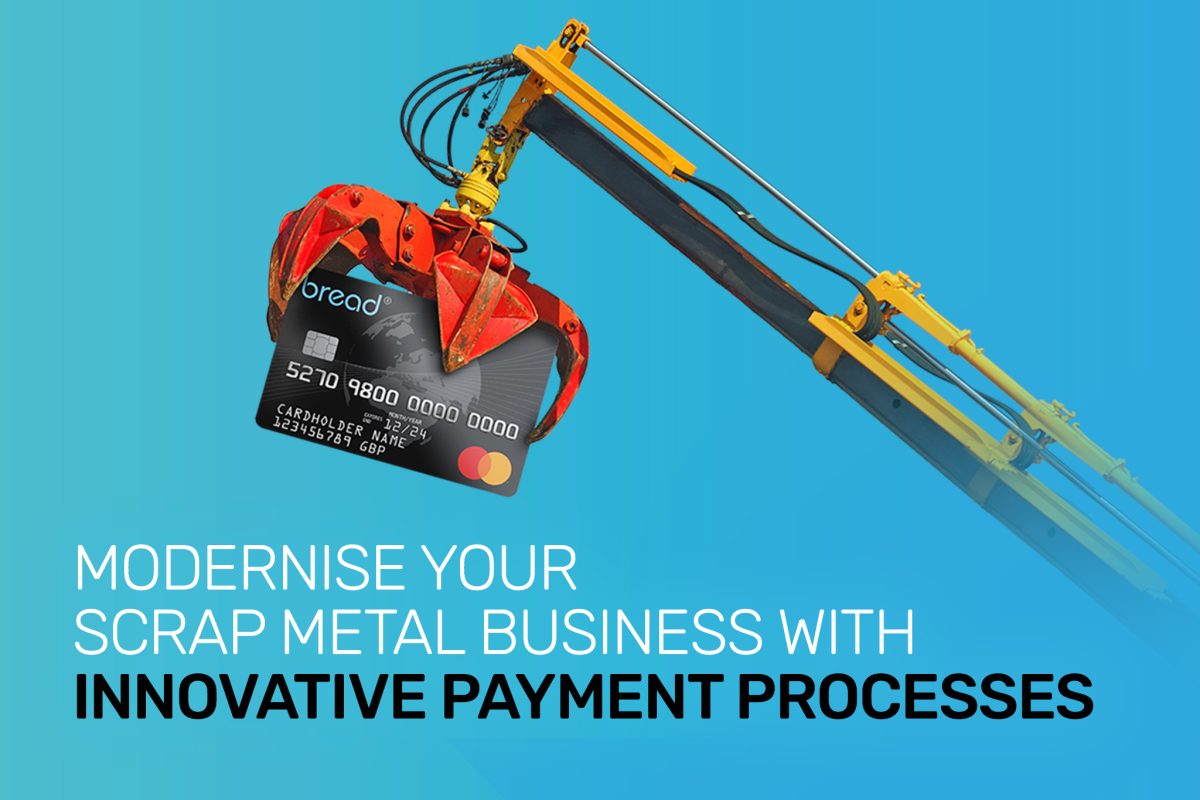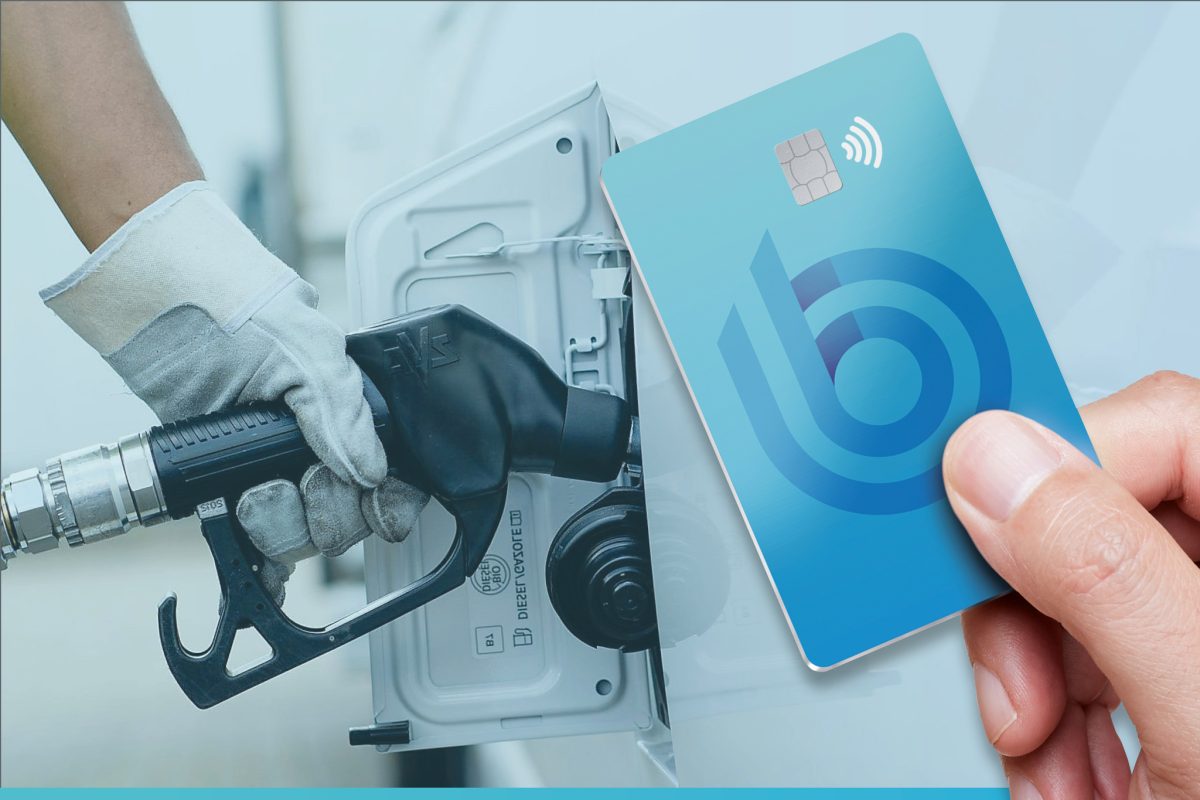The past couple of years have accelerated digital adoption at breakneck speed, and changed customer behaviour and expectations like never before.
McKinsey described the effect of the COVID-19 pandemic on consumer behaviour as like covering “a decade in days”, with a rapid shift away from cash to contactless, from in-person to online, and from single-channel to seamless digital integration.
While not all the changes brought about by the pandemic are expected to stick, in some areas there’s no going back. In particular, customers have become accustomed to slick digital experiences, flexibility and personalisation as default, and as always, they’re comparing your brand against a benchmark made up of industry leaders.
This shift in expectations is as true of loyalty programmes as any other area of your business. 70% of customers now say retailers should use technology to make their rewards programmes more effective.
So how can brands upgrade their loyalty and rewards programmes to keep customers engaged?
Offer flexibility
Click and collect, fast free delivery, a full mobile experience – customers have never expected more from your brand. During the pandemic, many brands chose to offer more generous terms on loyalty points, extending their expiry dates or expanding their utility.
While this was a short-term response to the pandemic, either to cover a period during which services were unavailable for air miles schemes, or to encourage alternative options like click and collect compared to redeeming points in-store, it’s likely to stick in customers’ minds. Points which expire too quickly or discounts with too many conditions attached could lose their shine, so consider ways to shake up your scheme and offer your customers more flexibility in how they redeem their rewards.
Respect customer privacy
Third party data collected via cookies is on the out, with a steady stream of legislation making it harder for brands to gather insights without customers’ express consent.
While many brands are struggling to imagine a future without their Analytics data, others see it as an opportunity to build stronger relationships with their best customers, choosing instead to focus on collecting “zero party data”, provided directly by customers.
A loyalty or rewards programme can be an amazing way of building relationships with your customers, giving them a reason to share their data with you in the form of a reward or a clear benefit. Being fully transparent about how you use this data and how it benefits your customers is key – if you use previous purchase data to remind customers when they might be about to run out of a product, or ask for information about their interests and background to make sure you’re offering them discounts on things they could actually use, chances are they’ll be happy to participate.
Move to tech-enabled schemes
While the benefits offered are a key factor in the success of your loyalty or reward programme, it’s also vital to make sure that customers are able to redeem their rewards in a way that works for them. Increasingly, consumers are turning towards digital payment methods over physical cards.
Although a real-life card can still serve as a great reminder of your brand every time your customer opens their wallet), 54% of consumers expect to be able to make payments with digital wallets, so ensuring your incentive or reward cards which are compatible with Google or Apple Pay could make it easier for your customers to keep them to hand.
Similarly, apps can be a valuable method of staying front-of-mind with your customers – 61% would download a retailer’s app to receive better loyalty rewards, and 57% would be more likely to shop if the loyalty programme linked automatically with their payment card.
Focus on emotional engagement
The buzzword for customer experience during the pandemic was empathy – understanding that both customers and brands were going through a once-in-a-lifetime experience, and working together to get through the associated challenges. While the stakes today aren’t quite as high, empathy is likely to remain high on the agenda as customers struggle with a cost of living crisis and have to make hard decisions about their day-to-day spending.
For brands, presenting a sympathetic ear to customers is the best way of building loyalty and weathering what’s likely to be yet another challenging period for retailers. 81% of consumers want a relationship with the brands they buy from, and loyalty programmes are a perfect way of establishing and strengthening that. By building a picture of your customers with first-party data and offering personalised content and rewards, your brand can connect with them on an individual level and help move their view of you from disposable to indispensable.
Build personalised loyalty schemes with B4B Payments
Whatever your customers value, our prepaid cards can help you design a loyalty scheme that’ll keep them engaged with your brand.
Our fully-branded prepaid cards can be delivered physically or virtually, for a physical reminder of your brand they can carry in their wallets or an effortless addition to their Google or Apple Pay.
Set your cards for use in your own stores, a range of partner stores, or leave them fully open to use in millions of locations worldwide. Offer instant loading of rewards so customers get their incentives immediately, and top up funds over and over again to keep them coming back for more.
To find out more about how our payment cards can help you build the perfect customer loyalty scheme, contact us and book your demo today.















